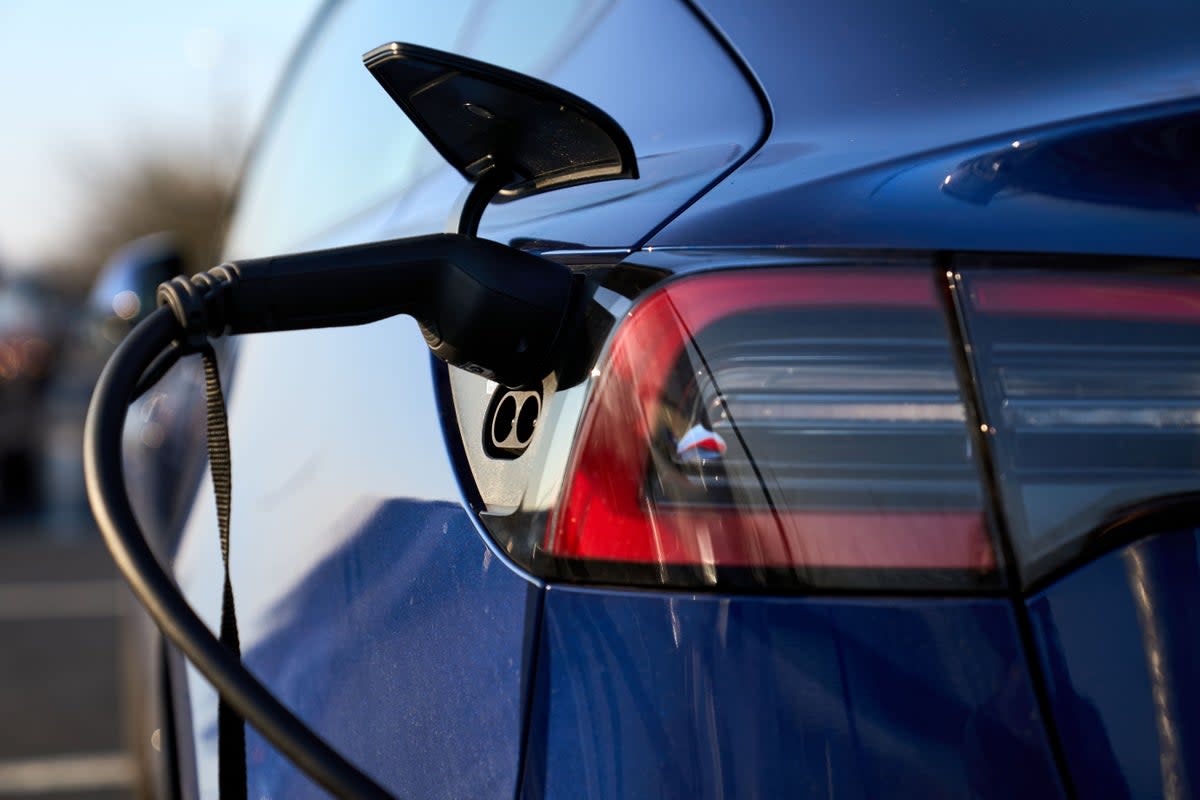Carmakers’ plans to build 400m cars ‘will torpedo 1.5C climate target’

The car industry is on track to sell around 397 million more diesel and petrol vehicles than would be compatible with limiting global heating to 1.5C, a report claims.
To align with a 1.5C carbon budget, no more than 315 million new diesel and petrol vehicles can still be sold worldwide, according to research from Greenpeace, the University of Technology Sydney (UTS), and the University of Applied Sciences of the Industry in Bergisch Gladbach in Germany.
Toyota is projected to sell 2.6 times the maximum number of diesel and petrol vehicles necessary to limit the global temperature increase to 1.5C. Hyundai/Kia, Volkswagen, and General Motors are on track to sell 2.4 times, 2.1 times, and 1.6 times the number of vehicles respectively, the experts added.
Researchers claim that manufacturers must accelerate their transition to zero-emission vehicles or risk losing out to electric rivals, and climate catastrophe.
The report states: “The transport sector is on track to exceed a 1.5C aligned carbon budget by between 45 and 64 GtCO (one billion tonnes of carbon dioxide), equivalent to 3.6 to 5.1 times China’s 2021 COâ emissions.
Sven Teske, an associate professor at UTS and co-author of the report, said: “By 2030 at the very latest, all new vehicles sold on the market must be electric.”
“Due to the scale of the transport sector’s projected carbon overshoot, it is highly unlikely that emissions reductions in other sectors would be able to compensate.
“To align with the 1.5C heating limit, automakers must phase out new sales of diesel and petrol vehicles, including hybrids, by 2030.
“Based on current targets published by the four automakers, researchers project that battery electric vehicles will comprise only 52 per cent of global auto sales by 2030. If traditional manufacturers are not willing to accelerate the transition to zero-emission vehicles, they risk losing market share to new, all-electric car companies.”
The researchers say that a transition to electric vehicles would not be enough, and practical alternatives to private car ownership must be found.
Neue Greenpeace-Studie berechnet:
Um 1,5°C Grenze nicht zu überschreiten, dürfen bis 2030 nur noch 315 Mio Diesel&Benziner verkauft werden!
Autoindustrie inkl @VWGroup @ToyotaMotorCorp & @Hyundai_Global plant jedoch min doppelt so viele klimaschädliche Verbrenner-Verkäufe. (1/3) pic.twitter.com/KMUazkqUFQ— Greenpeace e.V. (@greenpeace_de) November 10, 2022
These include reducing the frequency and overall amount of travel, as well as prioritisation of affordable, renewable, and accessible public transport, safe and better cycling and pedestrian infrastructure and vehicle-sharing services.

 Yahoo News
Yahoo News 
